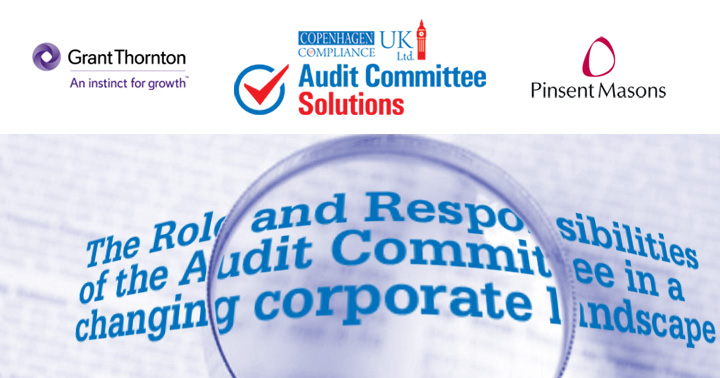
Revenue recognition is part of a strategic plan and not a technical accounting issue
The new guidance revenue recognition and lease accounting standards will cause all companies to rethink how they compute their revenue and whether it’s time to automate the process. For subscription-based businesses, the challenges are further magnified. As the effective dates for the new revenue recognition standards are quickly approaching, the UK and other companies worldwide should develop an adoption plan that will ensure compliance with ASC 606 & IFRS 15 guidelines. A recent survey revealed that there are still many businesses that are undecided on which method they will use to use to adopt this new revenue recognition standard.
At the UK Audit Committee meeting on Thursday the 13th July 2017 in London you can get your revenue recognition implementation questions answered by the experts in the industry!
We will conduct panel sessions to discuss how to prepare for new revenue recognition guidelines. The diverse panel of experts and authorities will share their thoughts and experience on the new guidance, discuss best practices and key considerations related to planning and carrying out implementation efforts.
What are the business Issues that can lead the revenue recognition and lease accounting standards project team through the ASC 606 initiative; from Assessment to Implementation. We exploit a three-phase plan:
- Centralise and standardise the contract review process, aggregate the results of all reviews, and provide summaries and evidence of their process and conclusion of management and external auditor review.
- Developing proforma disclosures and analysing the transition method alternatives to make a recommendation.
- Efficient and sustainable compliance solutions for automation
We will further consider the IFRS standard’s impact on accounting policies, procedures, processes and controls as well as the organisation, systems and data. The complexities of new business models including the subscription-based economy in making proper revenue recognition.
The shift from short-term, one-time, isolated transactions to long-term, recurring customer relationships
What are the multitudes of new challenges including new data requirements, pricing structures, price billing models and accounting needs?
Below are the top five changes in the new standards that will affect subscription-based businesses:
- The definition of a performance obligation (POB)
In the new standard, a POB is defined as the distinct goods or services within the realm of a contract. These are substantially the same, with the same pattern of transfer to the customer so that the POB may be satisfied at a particular point in time. Under current GAAP, one must identify if an element in an arrangement has standalone value. That element may or may not be the same as the POB in the new guidance. The answer may impact both the timing and amount of revenue to be recognised.
- Usage-based pricing
Within the existing guidance, the price must be fixed or determinable. It can be allocated to each unit of accounting. When a customer is charged based on the usage or consumption, it is not assigned until realised, which may result in revenue being recorded in the entire arrangement. Under the new guidance, you are expected to estimate the variable consideration and allocate the transaction price across the entire performance obligation. Revenue is recognised as each performance obligation is satisfied.
- Subscription amendments
The accounting treatment for changes in the new standard is prescriptive in nature, as opposed to the lack of clear guidelines for modifications in the current standards.
- Costs to obtain a contract
It may be common practice today to expense certain costs, such as sales commissions, for example, to acquire a contract. Under the new guidance, these costs must be capitalised.
- One-time upfront charges
If you were to have a selling price, such revenue would typically be recognised over the life of the initial subscription. Under the new guidance, if a customer has a multi-level right to renew such a contract following the initial subscription period, then you may be required to recognise that revenue well beyond the initial subscription contract duration and/or renewal period as well.
With the complexity of ASC 606 and the deadline looming, companies should consider transitioning to an automated solution. These products can be integrated either natively through an API or through middleware to ensure that subscription-based businesses are properly accounting for revenue to comply with ASC 606 and IFRS 15.
Participants are eligible to earn CPE credit points. Please click the link here for more information on the UK Audit Committee Network agenda to learn more and sign up for the first event here!

